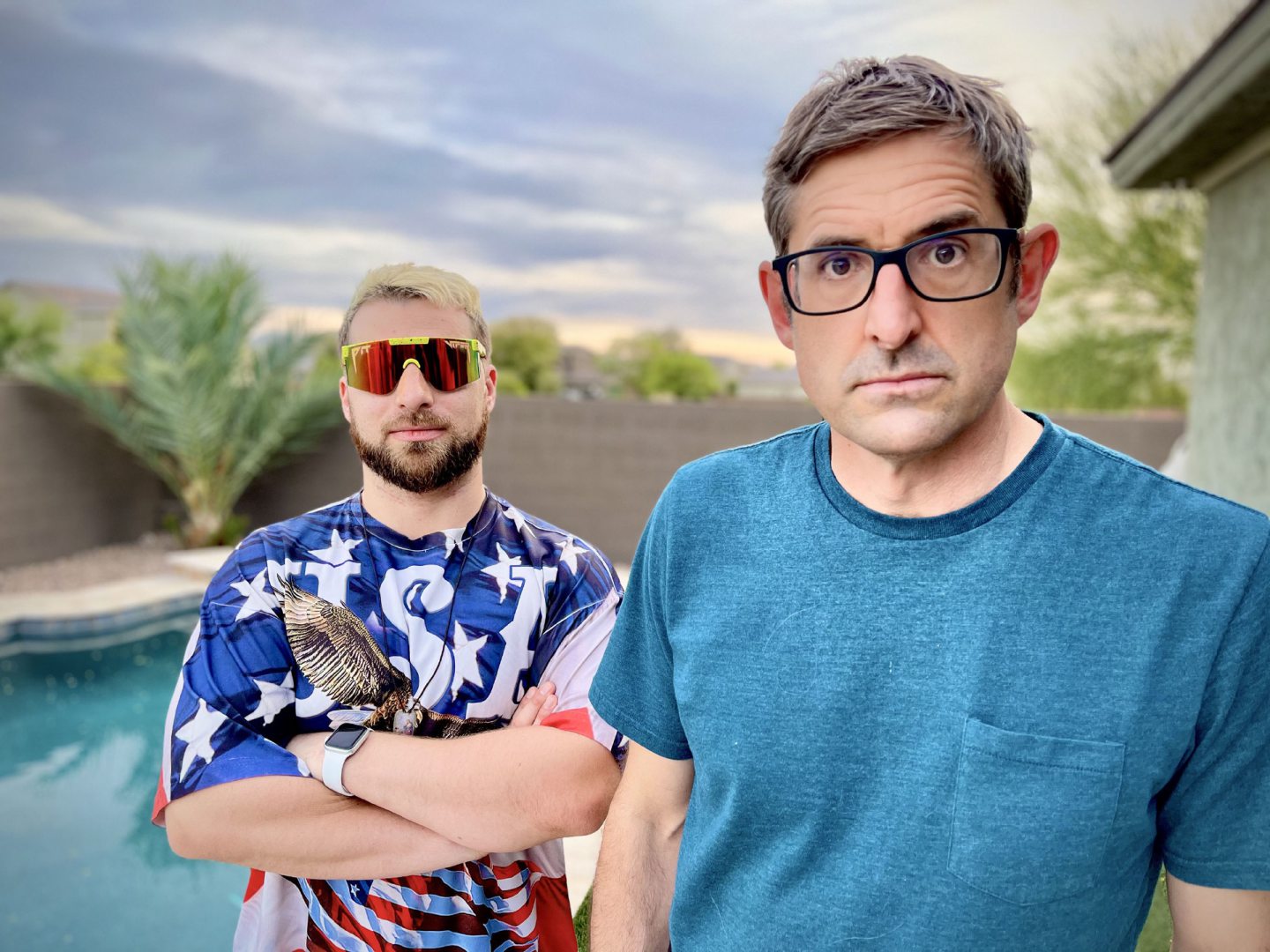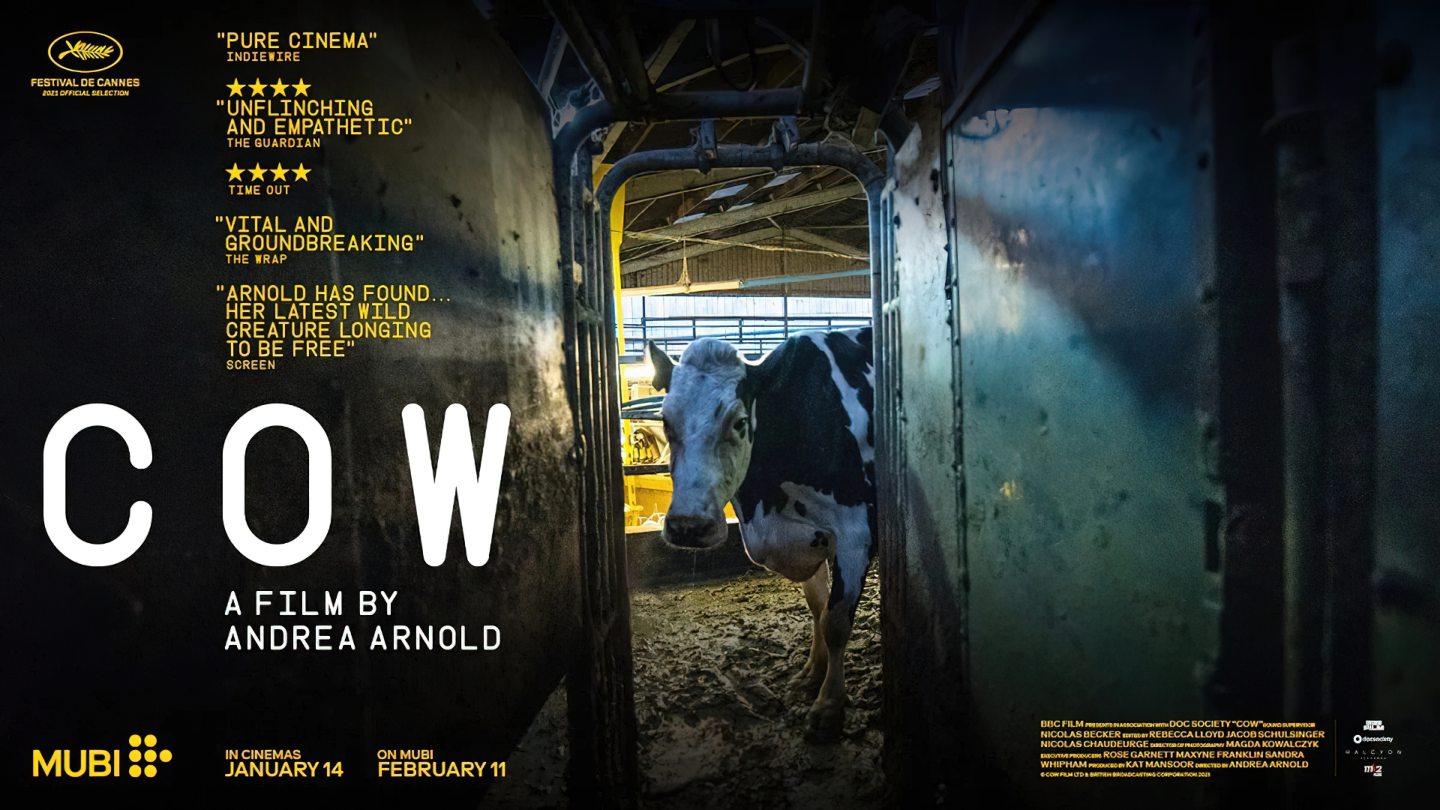If there’s one thing that TV audiences are screaming out for it’s yet another Saturday night singing contest.
Stepping into the void left by The Masked Singer and X Factor is Starstruck, a show that seemingly has only two purposes on this Earth: 1) To fill a hole in the schedule and 2) To remind us how much better Stars In Their Eyes was.
Like that ’90s favourite, Starstruck sees members of the public donning bad wigs and unlifelike facial hair to impersonate a string of big-name singers.
But time has moved on since that show was cancelled and since it’s now the law that all ITV Saturday night singing contests must have a celebrity panel of judges, we get Adam Lambert, Sheridan Smith, Beverley Knight and Jason Manford to critique their (mostly woeful) efforts.
Stars In Their Eyes had an innocent simplicity that is sorely lacking from this overly competitive and complicated reboot. Rather than one lookalike singer we now get three at a time, who all must compete as a team to win the backing of the judges.
In the first episode we got three Freddie Mercurys, three Ariana Grandes, three Marvin Gayes and three Lady Gagas before one of the Freddies was picked to go through to the grand final in a few weeks. I’d be stunned if viewers stick around that long.
Although I’m not the biggest fan of The Masked Singer – the big reveals are underwhelming almost without fail – I do respect it for trying to do something different with the family-friendly format. And its popularity is undeniable.
But Starstruck feels like the laziest attempt yet to plug a slot in the Saturday night schedule and suggests an almost unhealthy disdain for the audience at home.
“That’ll do”, it seems to be saying, “they’ll watch any old tosh on a Saturday night, so why even make the effort to be different?”
Documentary on track for Oscar gold
When the Oscars are announced at the end of next month, don’t be surprised if the makers of Disney+’s Summer Of Soul (… Or, When The Revolution Could Not be Televised) end up gracing the podium.
For 50 years, footage of the 1969 Harlem Cultural Festival – featuring barnstorming performances from the likes of BB King, Stevie Wonder, Gladys Knight And The Pips and Nina Simone – sat in a basement, before being discovered by musician Ahmir (Questlove) Thompson.
He’s now crafted it into a gloriously feelgood music documentary about the “Black Woodstock” that memorialises the past but also speaks to the present.
It’s an incredible experience.
Grim viewing
There was a time when Louis Theroux could interview someone with extremist views and they’d almost seem silly because you knew that their audience was so tiny.
But that was before the internet and social media – now the far-right extremists he meets provoke an uneasy feeling in your stomach.
The first episode of his new series Forbidden America (BBC2) followed a few figures in the burgeoning white nationalist movement, who harness the power of chatrooms to build a loyal audience of (mostly) young men.
Although there’s always a danger that Louis is amplifying extremist voices, I’d rather see what they’re up to than keep them in the shadows.
Birth of the Nazis
After watching Louis Theroux’s portrait of the new far-right, you’d think I’d have had enough of extremism but Rise Of The Nazis: Dictators At War (BBC2) sucked me in.
Focusing on the eastern front during the Second World War and the role of Soviet leader Joseph Stalin, this was a prime example of the kind of accessible, populist history programmes that the BBC makes so well (and we often take for granted).
Film of the week: Cow (MUBI)
For four years, director Andrea Arnold has been documenting the life of a dairy cow called Luna, and this powerful, nearly wordless, documentary is the result.
As Luna’s repetitive life of milking, breeding and birthing unfolds, it’s impossible not to have an opinion on what we’re seeing, although Arnold wisely doesn’t give any direction about how we’re supposed to feel.
Are we to see this film, which never strays more than a few inches from Luna and her calves, as a damning indictment of the farming industry or is it simply a non-judgmental portrait of how milk gets to our fridges?
In interviews about the film, Arnold has refused to say whether she eats meat, fearing that such knowledge would cloud viewers’ experience of watching it.
It’s a wise choice and one that reaffirms Cow as a film that treats the audience like adults – a rare and refreshing thing!



